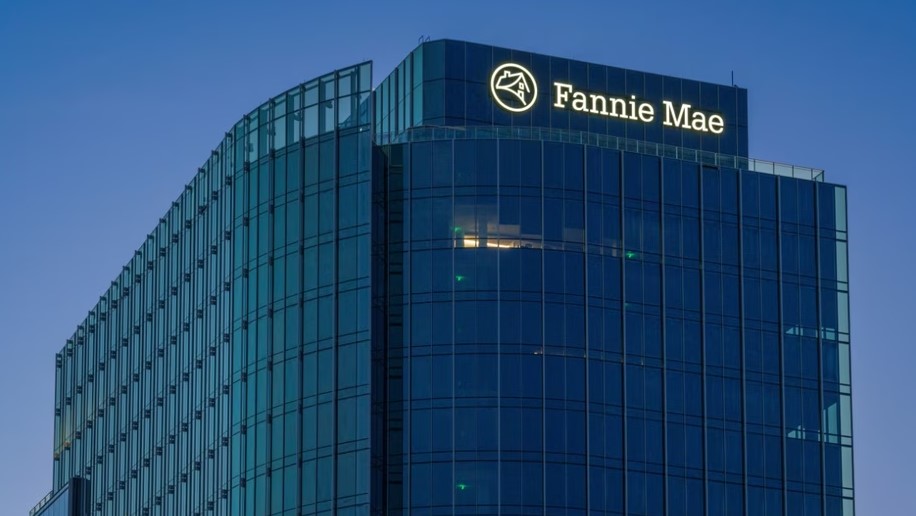Published by REALTOR.com | May 29, 2025
Fannie and Freddie provide stability and liquidity to the U.S. mortgage market by purchasing whole loans from mortgage lenders and packaging them into securities.
President Donald Trump appears to be pushing forward with a plan to list government-backed mortgage giants Fannie Mae and Freddie Mac on a major stock exchange, but insists they would retain federal guarantees as a fail-safe.
“I am working on TAKING THESE AMAZING COMPANIES PUBLIC, but I want to be clear, the U.S. Government will keep its implicit GUARANTEES, and I will stay strong in my position on overseeing them as president,” Trump wrote on his Truth Social network on Tuesday night.
Fannie and Freddie provide stability and liquidity to the U.S. mortgage market by purchasing whole loans from mortgage lenders and packaging them into securities. This guaranteed demand for “conforming” mortgages that meet the entities’ standards ensures a ready supply of loans for homebuyers.
Since 2008, Fannie and Freddie have remained under government conservatorship, where they are subject to strict oversight and regulation by the Federal Housing Finance Agency.
Trump, who pursued ending the conservatorship during his first term but ultimately failed, now appears to be weighing options that would release more of Fannie and Freddie’s profits back to shareholders, while retaining some level of government control over the entities.
Exactly what that plan looks like is unclear. In remarks on Wednesday, FHFA Director Bill Pulte suggested that Fannie and Freddie could go “public” without ending the conservatorship, pointing to the language of Trump’s post.
“He very explicitly says that he wants to take them public. He did not say that he wants to privatize them,” Pulte told CNBC. “The president has not said anything that he wants to end conservatorship. We’re studying actually potentially keeping it in conservatorship and taking it public.”
There are precedents for the federal government owning or controlling a for-profit company—for instance, Amtrak, the national passenger railroad company.
But investors can’t buy shares of Amtrak on the open market, and U.S. government control of publicly traded companies is rare and usually temporary, such as during the 2009 federal bailout of General Motors.
In addition to questioning how a public offering would work under conservatorship, some housing market experts have expressed confusion about the rationale for such a move.
“Everyone’s reacting in a similar way, wondering, ‘Do we take this at face value? Is it possible?'” says Realtor.com® senior economist Jake Krimmel. “It’s very difficult to read the tea leaves, in part because the messaging and details keep changing.”
Krimmel says he doubts a public offering for Fannie and Freddie would bring mortgage rates down, and questions whether the time is right for major changes at the two entities, with rates now uncomfortably high and buyer demand in a funk.
“I don’t think that there’s huge systemic risk in the housing market, but we’re in a weird spot,” he says.
How would a public offering affect mortgage rates?
If Fannie and Freddie were to return to a major exchange while remaining under conservatorship, the impact on mortgage rates would likely be minimal.
However, a loss of government guarantees and an exit from conservatorship would likely send rates higher, because investors would demand a higher risk premium.
“A privatized Fannie or Freddie could mean more innovation in mortgage finance,” says Realtor.com Chief Economist Danielle Hale. “But it would also mean higher mortgage rates for home shoppers.”
Rates have already ticked up recently following the recent U.S. credit rating downgrade from Moody’s, with the average rate on 30-year fixed mortgages hitting 6.86% last week, the highest since February, according to Freddie Mac.


